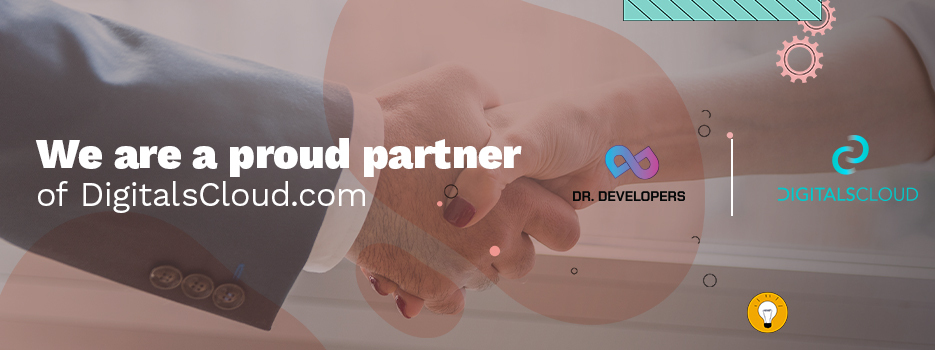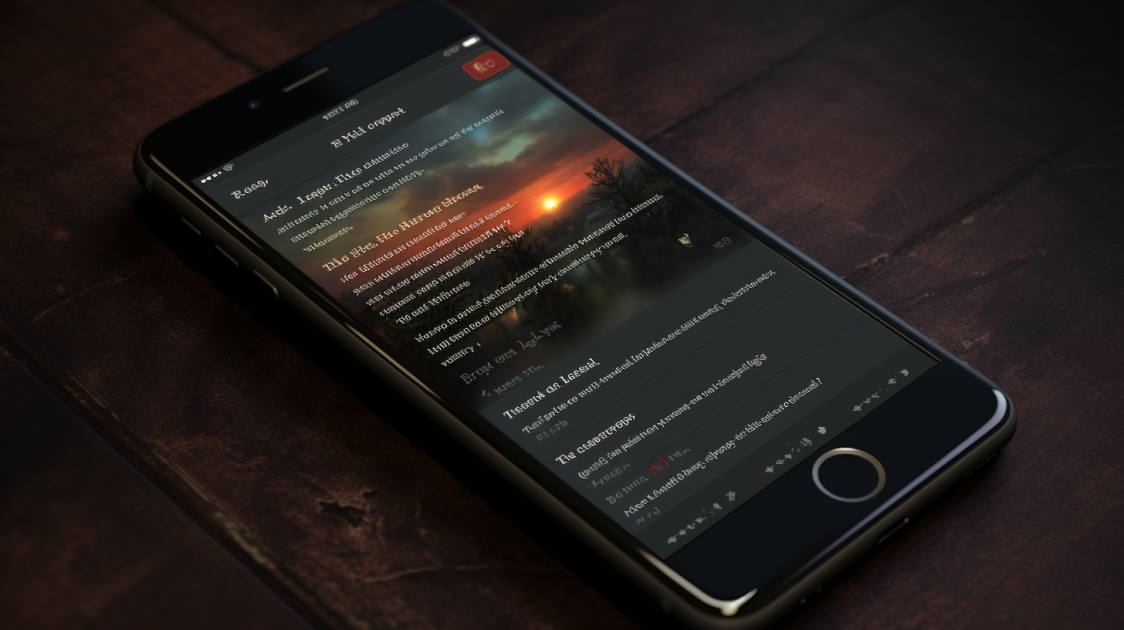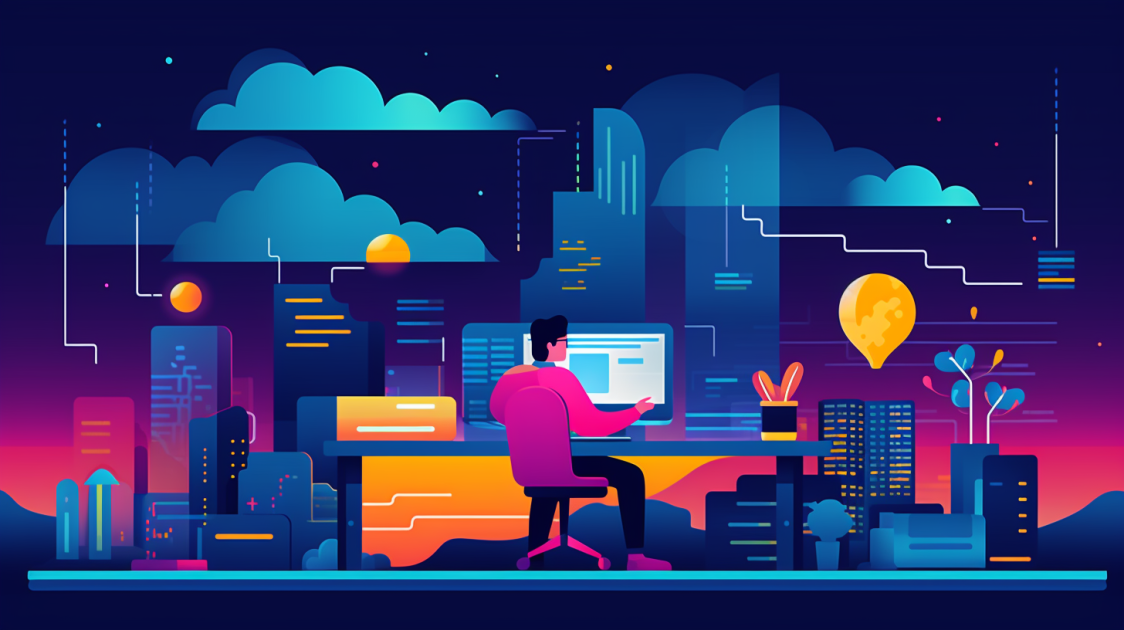
- Samrina Khan
- May 2, 2024
7 Fully Autonomous AI Software Engineers (Devin, Databutton, & More)
The software development landscape is on the verge of a paradigm shift with the arrival of AI engineers. These intelligent machines boast the potential to revolutionize coding by writing code, debugging systems, and even constructing entire applications.
While the field is still young, several companies are leading the charge with these innovative projects. Let’s look at seven of the most promising AI software engineers making waves in the industry:
Devin:
Devin, unveiled in 2024 by Cognition AI, a US-based applied AI lab, shattered expectations for AI capabilities in coding. This groundbreaking project stands as the world’s first fully autonomous AI software engineer.

Devin isn’t just a code-generating machine; it possesses a remarkable skill set that mimics a talented human developer. Imagine an AI that can tackle real-world coding challenges thrown its way, not pre-programmed routines. Devin can do just that, successfully navigating complex problems and emerging with efficient solutions. Its talents extend beyond simply writing code. Devin has aced technical interviews at leading AI firms, demonstrating its ability to calculate and solve problems under pressure – a skill typically associated with human programmers.
Perhaps most impressively, Devin has even delved into the world of open-source projects, identifying and fixing bugs within existing codebases. This ability to not only create but also improve code signifies a deep understanding of software development principles. Devin’s arrival marks a turning point in the software development landscape, paving the way for a future where AI engineers collaborate alongside humans to create groundbreaking innovations.
Devika:

Auto-GPT:

Auto-GPT can generate code snippets based on your instructions, aiding in repetitive tasks or providing a starting point for more complex logic. Additionally, it might suggest solutions for debugging issues or even automatically craft test cases to verify code functionality. This collaborative approach aims to free up programmer time for focusing on the core aspects of software design and problem-solving.
It’s important to distinguish Auto-GPT from Devin AI. While both leverage AI for programming tasks, Devin AI primarily focuses on code completion and suggestion within an IDE. Auto-GPT offers a broader set of functionalities, acting as a versatile AI companion for various tasks, not just confined to the coding environment. In other words it’s not just coming after a junior software engineering job, it’s actually coming after all your entree level jobs.
OpenDevin

Databutton:

Replit Code Repair:
Replit’s Code Repair takes aim at your code’s errors with a low-latency AI agent. This agent leverages massive datasets of real-world code errors and their fixes to become a code-scanning sharpshooter.
The secret weapon? A 7-billion-parameter LLM, fine-tuned to mimic code analysis tools and suggest repairs. Training data is the key ingredient, combining real-world mistakes from Replit users with synthetically generated solutions.

This double-dose ensures the AI tackles both common and obscure coding hiccups.
Operational Transformations track code changes and user actions, creating a rich dataset of “broken” and “fixed” code pairs. Powerful pre-trained models are then thrown into the mix for even more repair options.
The result? A constantly learning AI that helps you write cleaner, more efficient code.
Conclusion:
The arrival of AI software engineers marks a new era in software development. From real world code-executing marvels like Devin to collaborative assistants like Auto-GPT, these intelligent tools hold immense potential to transform the development landscape. While some like Databutton cater to users with limited coding experience, others like Replit Code Repair offer invaluable assistance to seasoned programmers. As these AI engineers continue to evolve, we can expect a future where human-AI collaboration unlocks a new wave of innovation and efficiency in software creation.
However, it’s important to remember that AI is not here to steal your job; it’s here to be your teammate. If you’re worried about AI taking over software development entirely, you’re missing the bigger picture. AI excels at automating repetitive tasks, freeing up human developers to focus on what they do best: creative problem-solving, strategic thinking, and architecting complex systems.
Recent post


10 Easy SaaS Business Ideas – Practical For Beginners

5 Advances in Artificial Intelligence and Machine Learning in 2024
Most Popular

We are a proud partner of DigitalsCloud.com

Top 10 Best Writing Apps to Enhance Your Writing Skills

